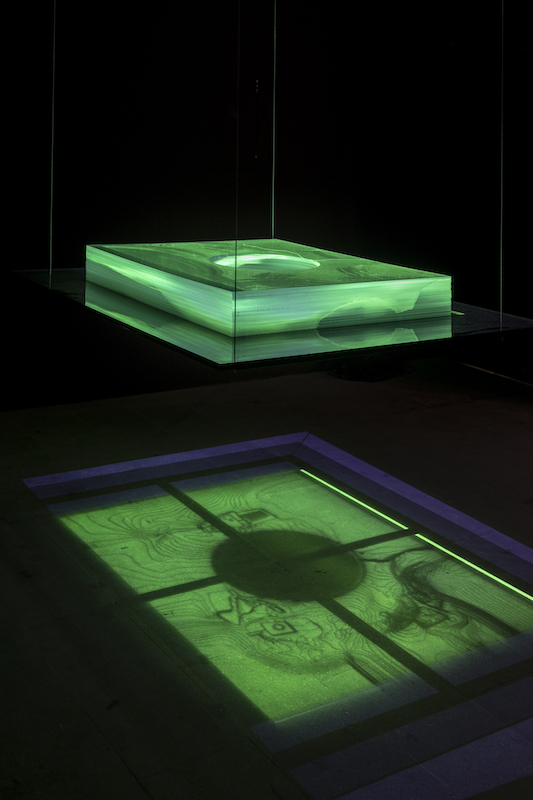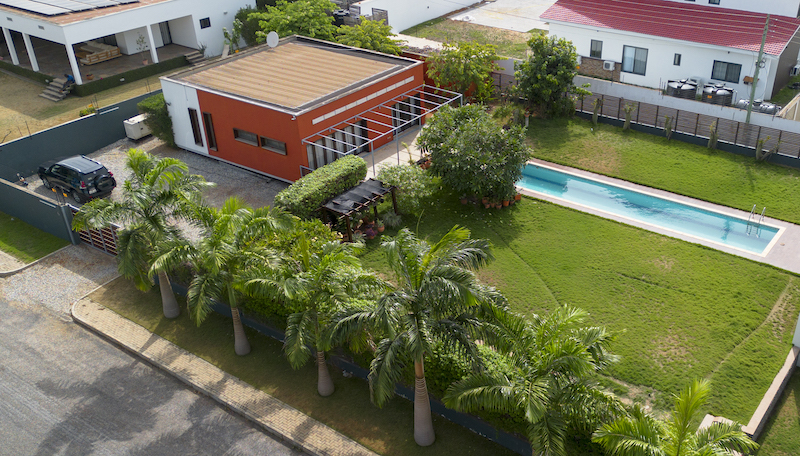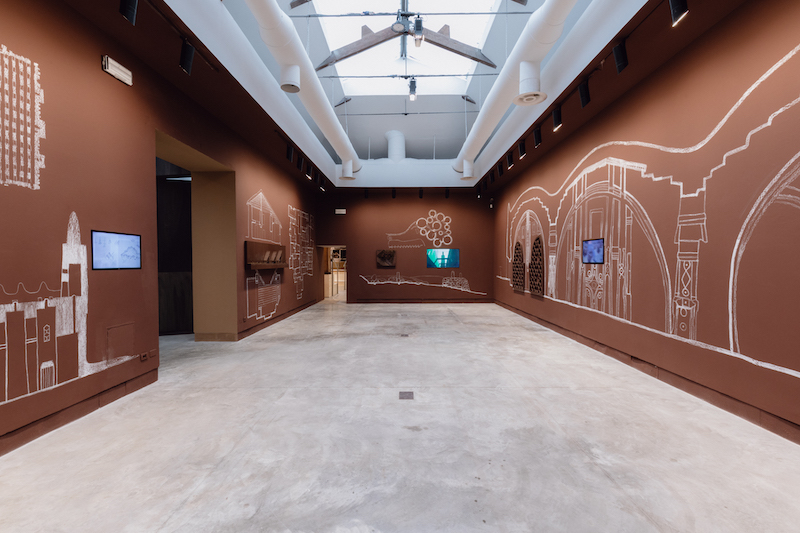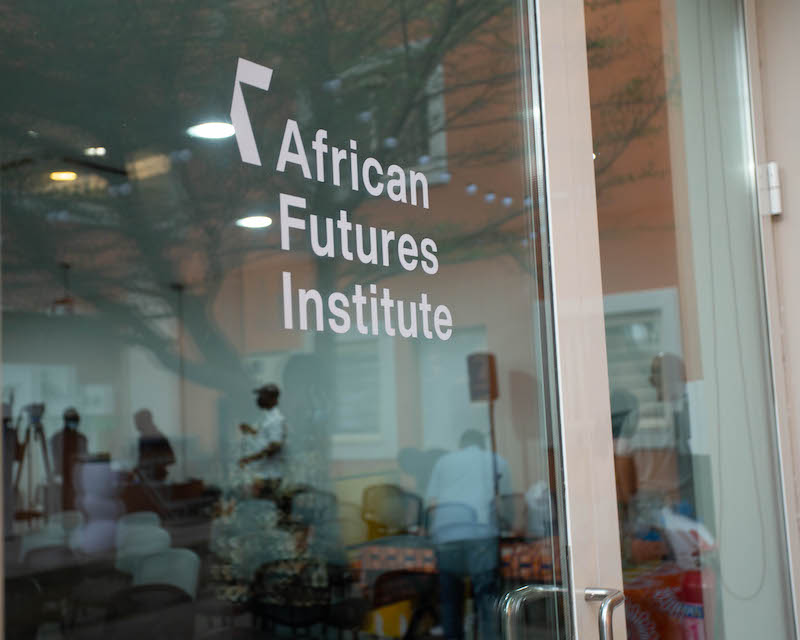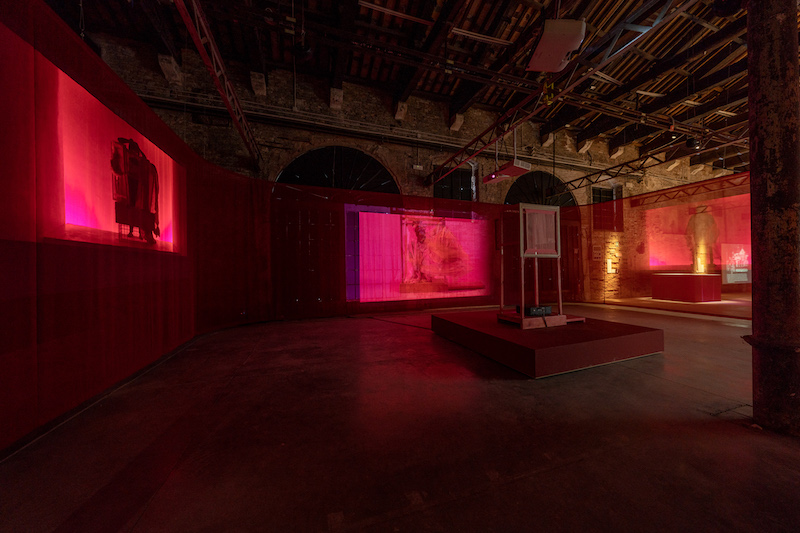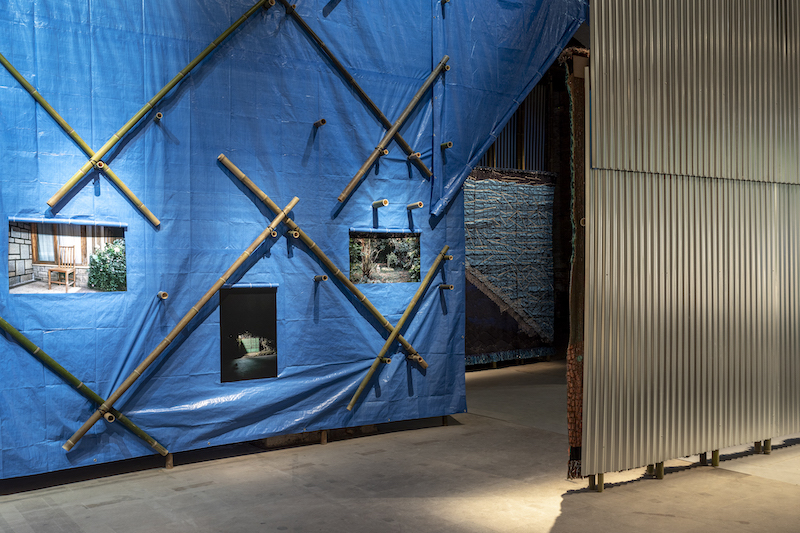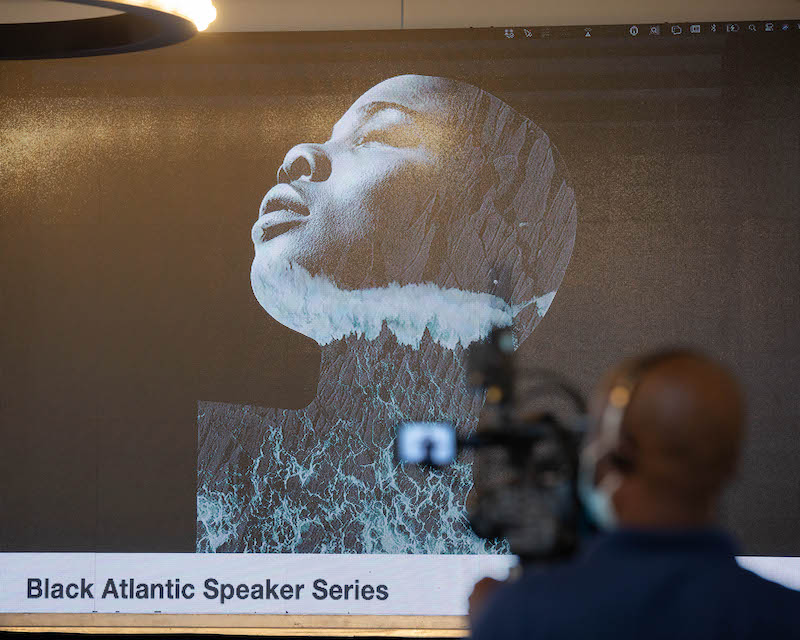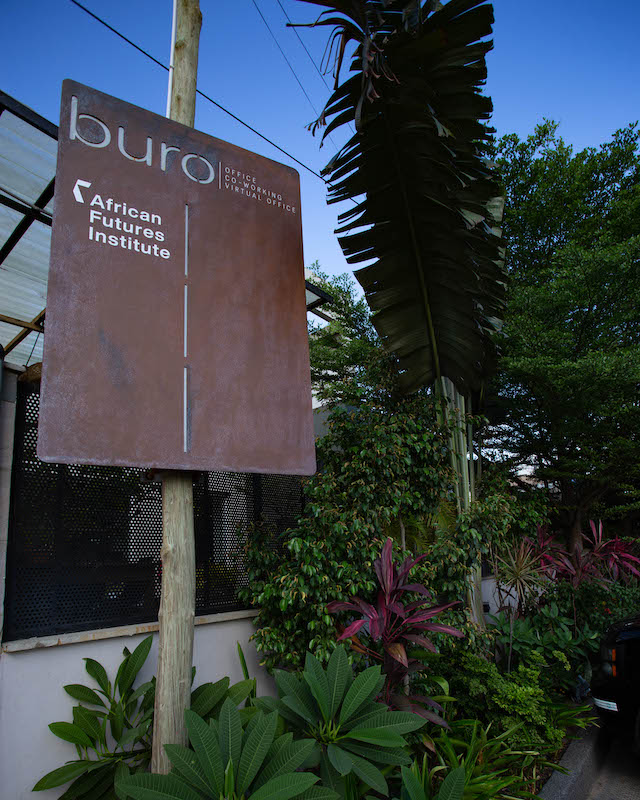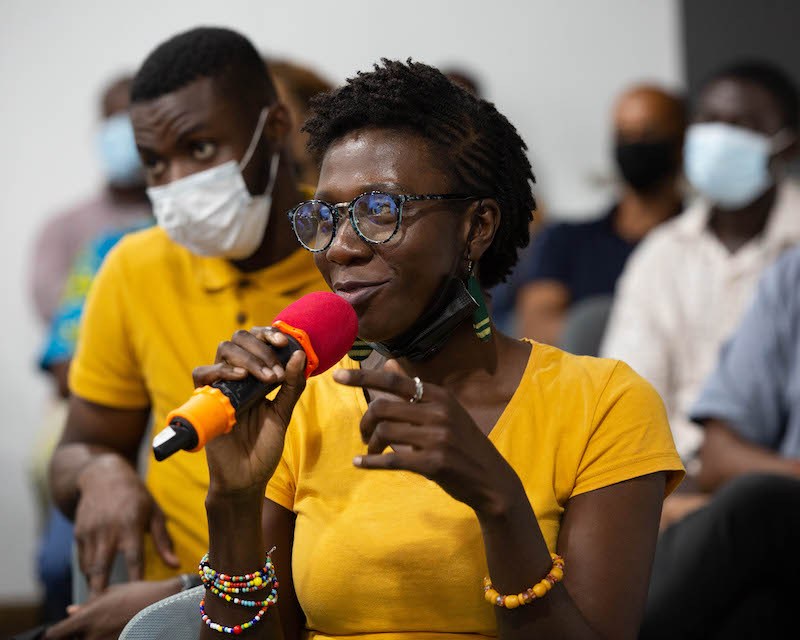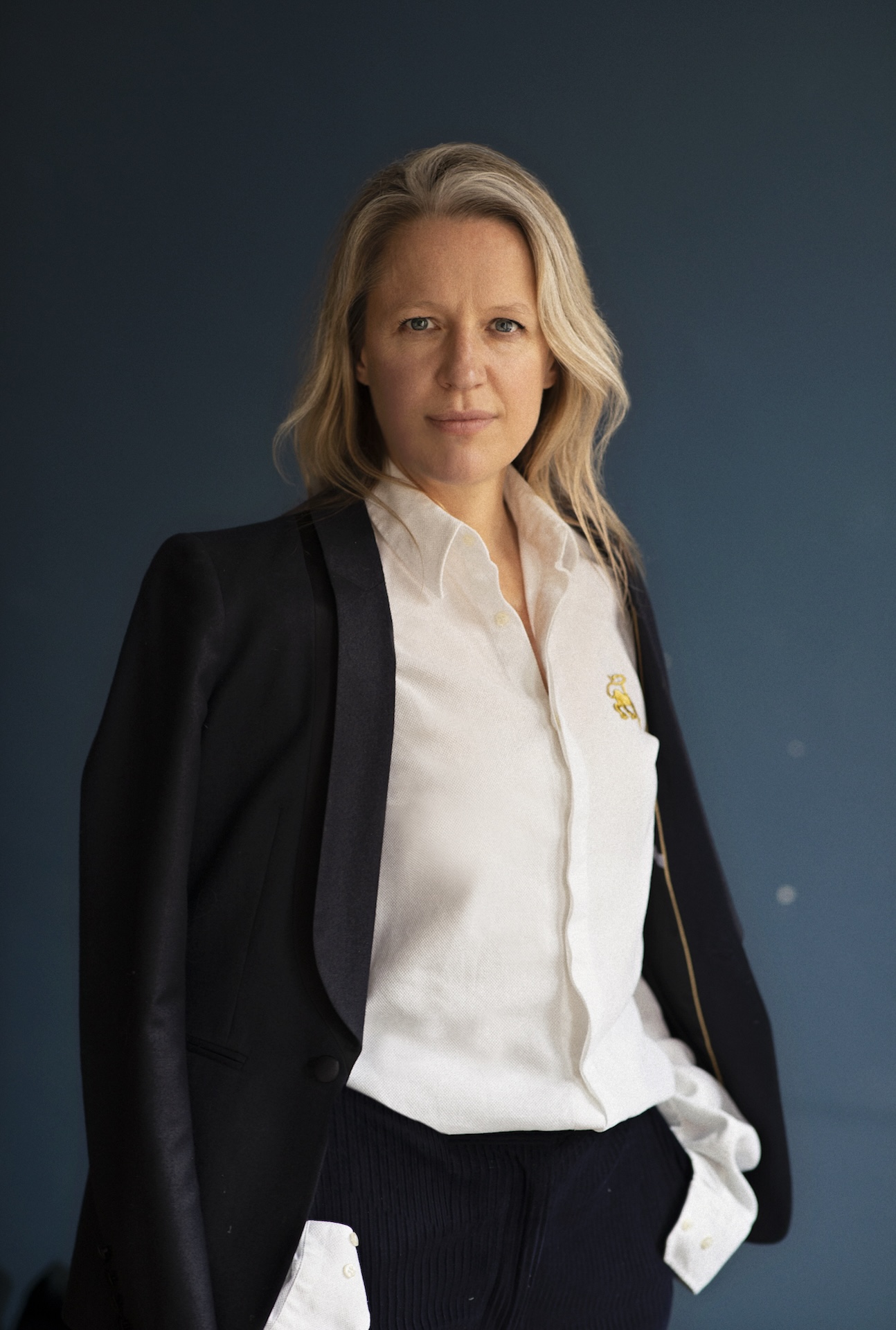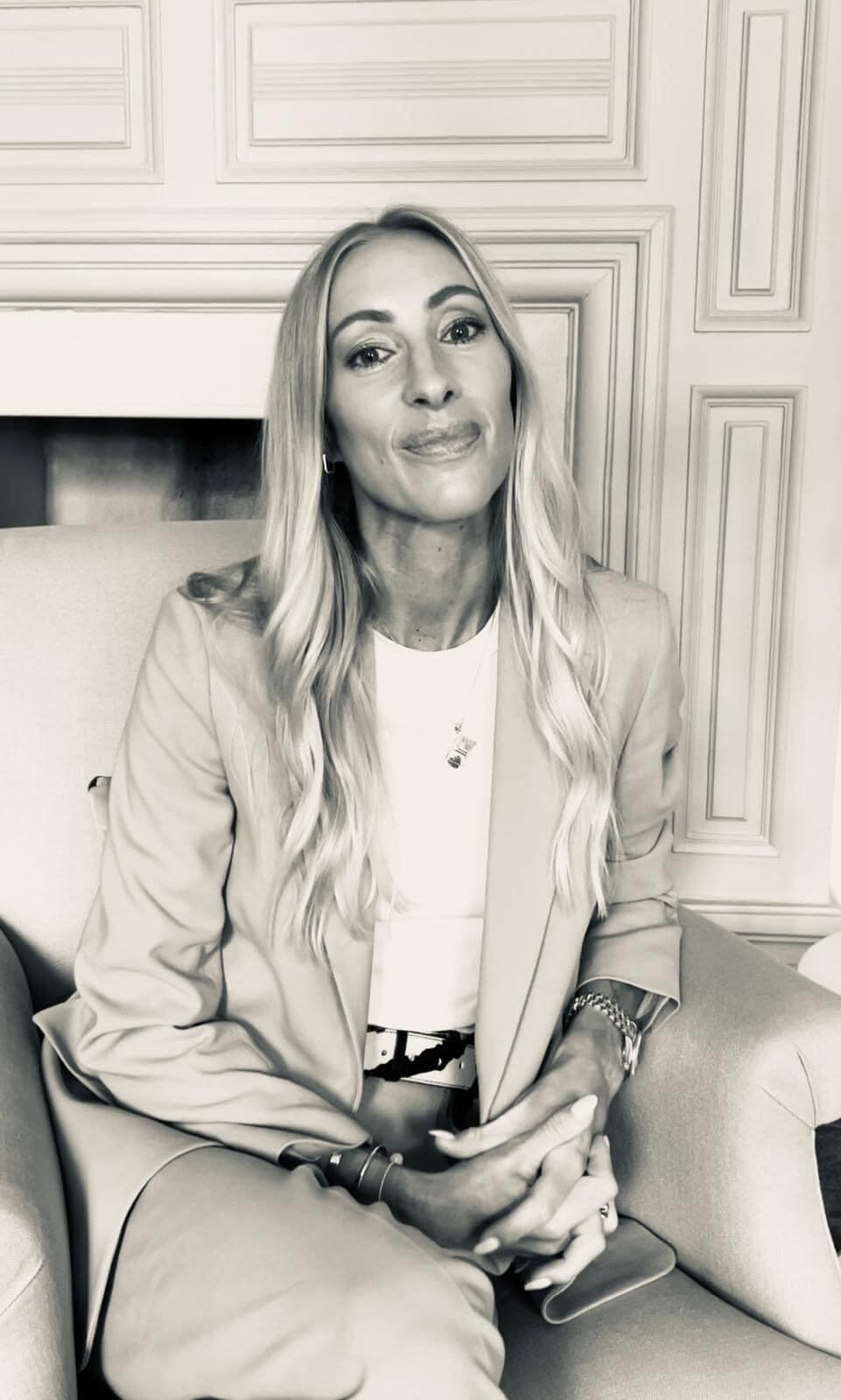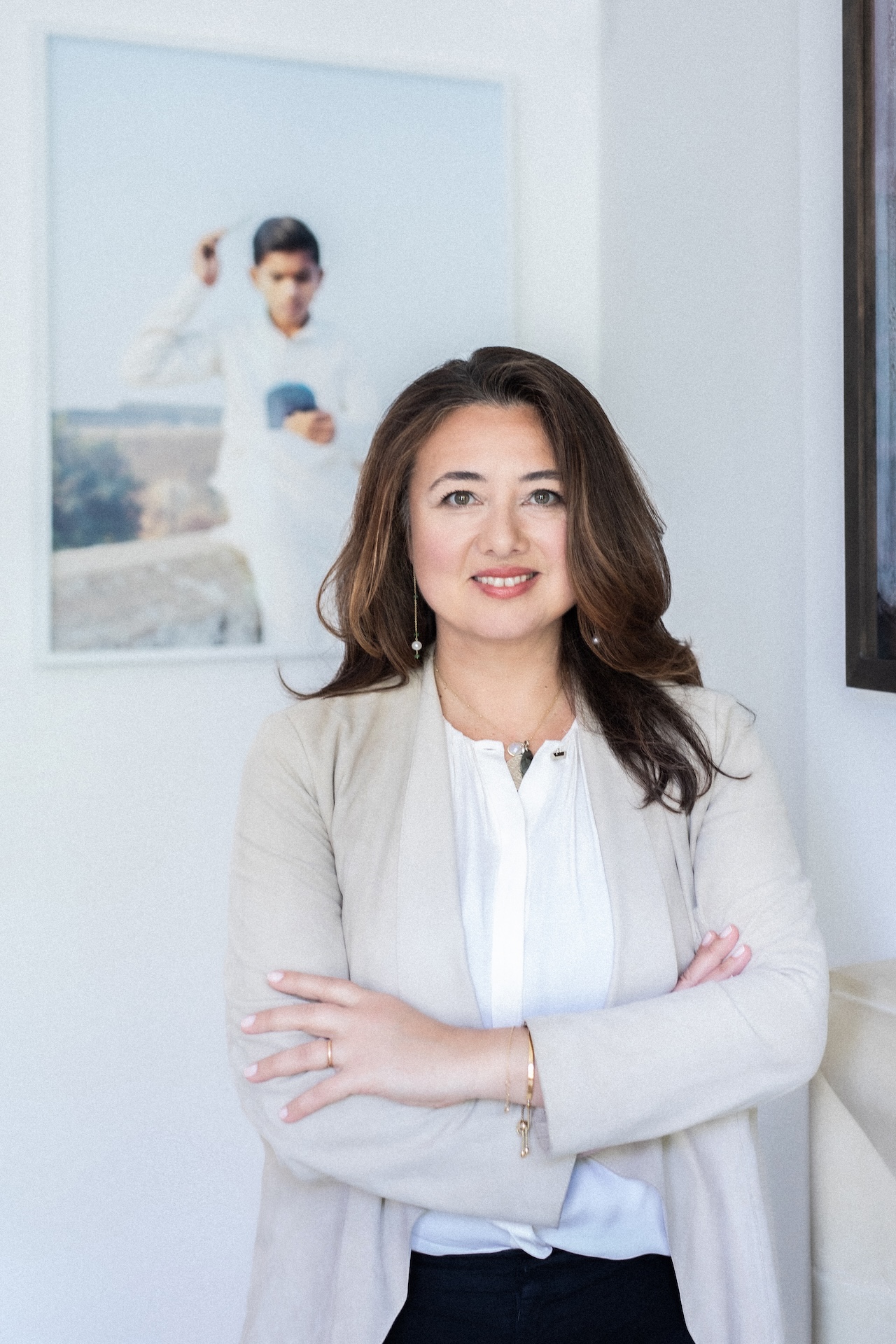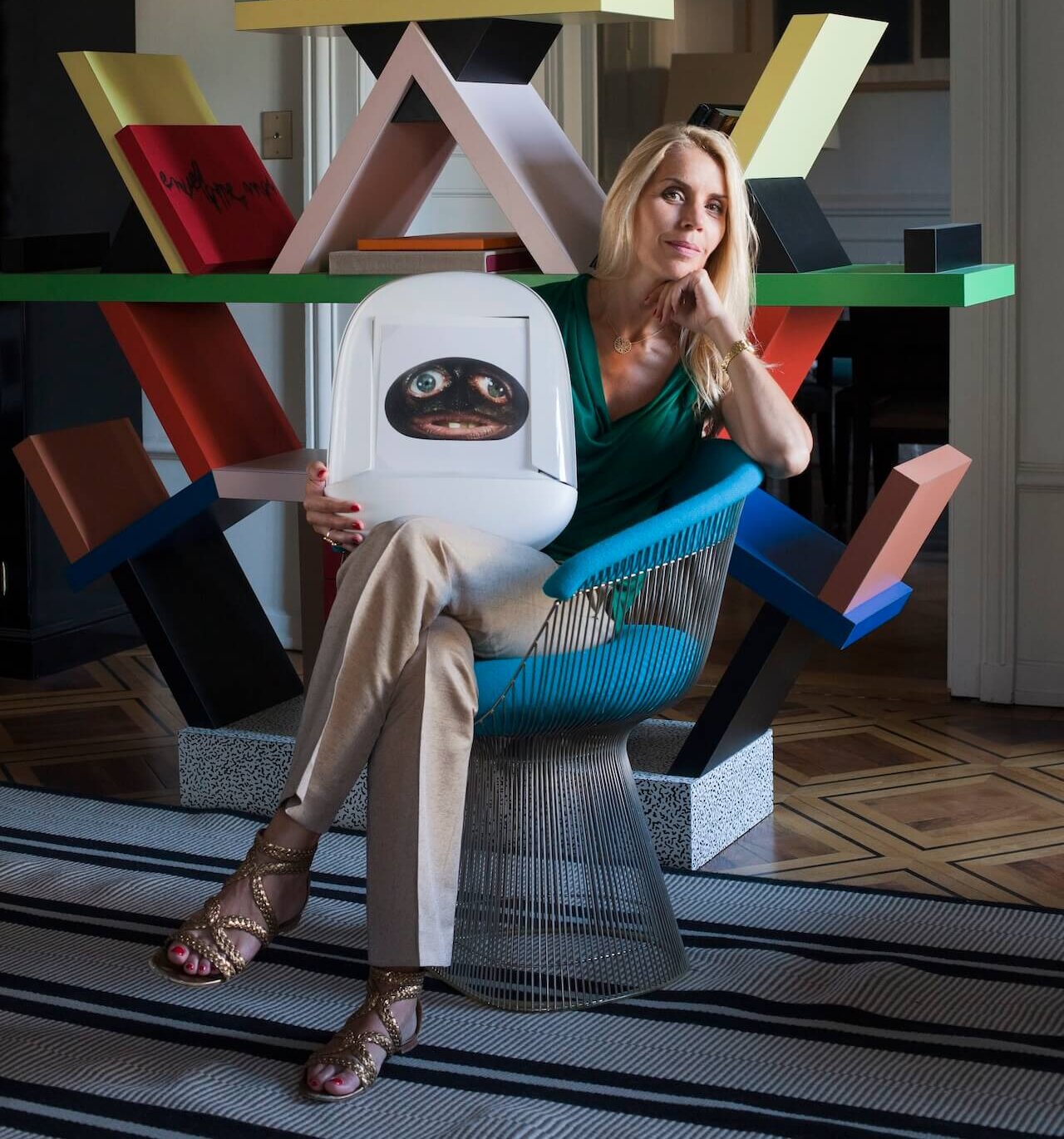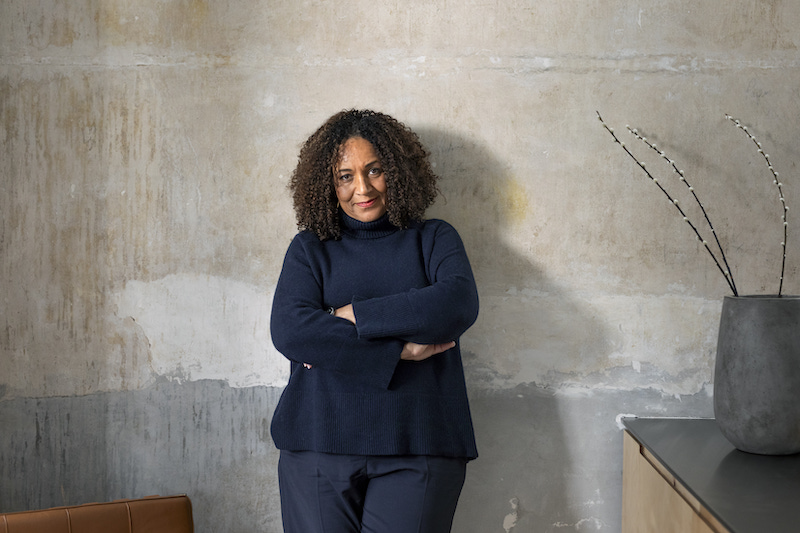

Interview Academic and Novelist Prof Lesley Lokko OBE
In 2021, she moved to Accra, to set up African Futures Institute (AFI), a postgraduate school of architecture and public events platform; soon after she was announced as the curator of the 18th Venice Biennale of Architecture – the immensely successful edition was unveiled in 2023, and dovetailed themes of decolonisation, equity and decarbonisation, while always looking fervently to the future; these are things Lokko has advocated for and championed in all her work to date with a tireless passion. And somewhere in shaking up the field of architecture, she wrote and published thirteen novels – many of them becoming bestsellers.
In recognition of her remarkable work, in addition to the OBE she received last year, in January Lokko was awarded the Royal Gold Medal – one of the world’s highest honours for architecture, awarded by the Royal Institute of British Architecture (RIBA). And just last week, she made it onto the TIME 100 – the hundred most influential people of 2024 globally; Ava Duvernay, writing Lokko’s entry for TIME, described her as “a force of nature”.
Before she takes an extended, and well deserved break from it all, Lokko was generous enough to answer our questions, reflecting on what’s changed, and what hasn’t, in the decades she’s been active, how she feels winning the Royal Gold Medal, and what keeps her up at night.
THE WICK:
What made you go into education, rather than designing buildings?
Lesley Lokko:
I don’t think I ever made a conscious decision, to be honest. I fell into teaching the way I’ve fallen into most things — almost by accident. The night of the final show at the Bartlett, UCL, where I did my undergraduate and postgraduate degrees, the person who had been my tutor for the previous two years came up to me and said, ‘would you like to teach next year?’ It had honestly never occurred to me. I said ‘yes’, not really understanding that taking on a part-time teaching job would rule me out for a practice job. I went from one insecure part-time job to another for a couple of years, working in between as a secretary/graphic designer/barmaid/receptionist, until I got a full-time teaching position in the US.
TW:
You’re known as an advocate and champion for diversity and inclusion: in your career, have you seen things change for the better in the field of architectural education?
LL:
My first full-time teaching job (at Iowa State University) fell under the rubric of a ‘diversity’ hire. I had no idea what it meant. The words ‘diversity, equity and inclusion’ weren’t really used much in those days (mid-90s). I kept having to explain to people why I’d been hired and what I was supposed to do. No one had a clue, I recall, least of all me. I was interested in ‘race’ as a category of critical and creative exploration.
It took quite a while for institutions to see this as a bona fide architectural interest, rather than a policy decision. I think things have changed, although nowhere near as quickly or widely as I hoped thirty years ago. I’ve spent my entire career explaining what I do and why it has any relevance to architects. It still feels like a rather marginal position to hold, although it’s become less fashionable to say so in public.
I get comments on social media telling me to either ‘go back home’ — presumably Africa — or ‘become a social worker’, which I think is flattering. Architects are social workers. And Ghana is home.
TW: How did you come to set up a pan-African thinktank, African Futures Institute, and what kind of work does it do?
LL: It’s been three years since I set up the African Futures Institute and its remit or ambitions have changed enormously. I started off with the aim of setting up an independent postgraduate school of architecture but realised almost immediately that I’d bitten off more than I could chew. Starting anything from scratch is a challenge; doing it in our context in West Africa where the administrative infrastructure is rudimentary is doubly so. It’s also impossible to do something of that scale alone.
TW:
How has it evolved from there?
LL:
Three months after we started, I was appointed Curator at La Biennale di Venezia. It meant an almost immediate pivot towards the exhibition and I suppose I’m still trying to figure out what that means for the future. I believe passionately — almost blindly — in education, particularly in our context. We’re the world’s youngest continent and the fastest urbanising. Those two facts make built environment education a critical necessity — and quickly, too. I’m now trying to establish, post-Venice, what that means for a start-up institute with limited funds, limited human resources, and limited capacity.
“Having the stamina to keep at it matters. Sticking with something not just for the month but for years. Bending, not breaking. And always paying it forward.”
